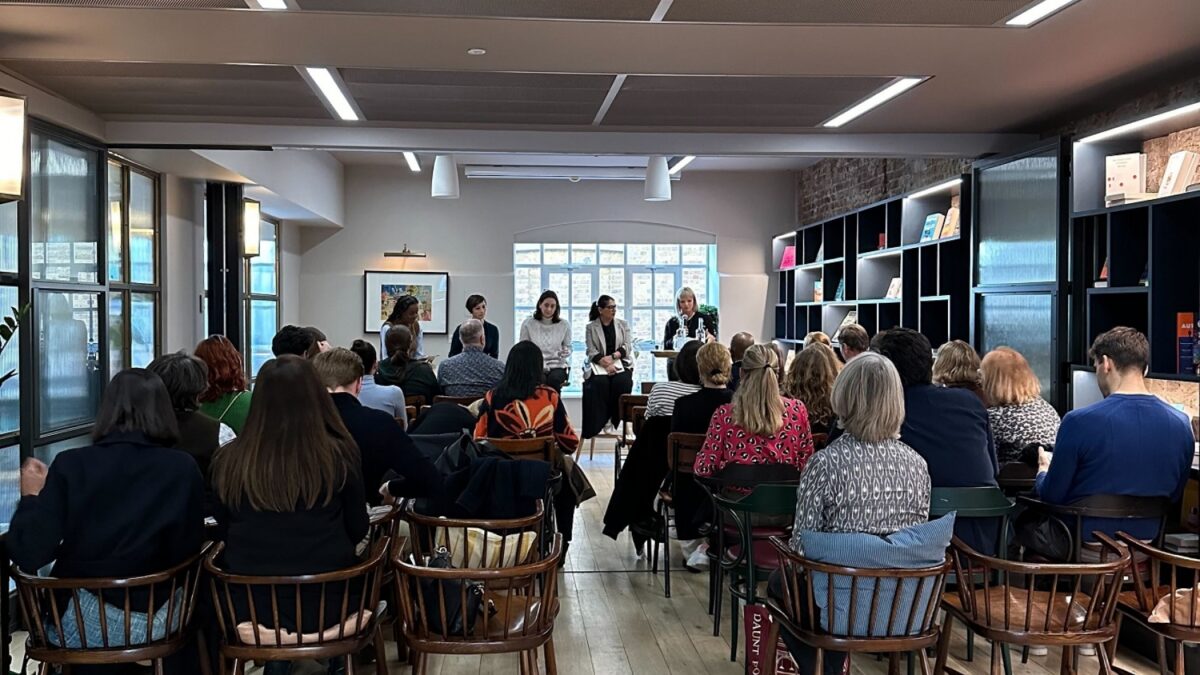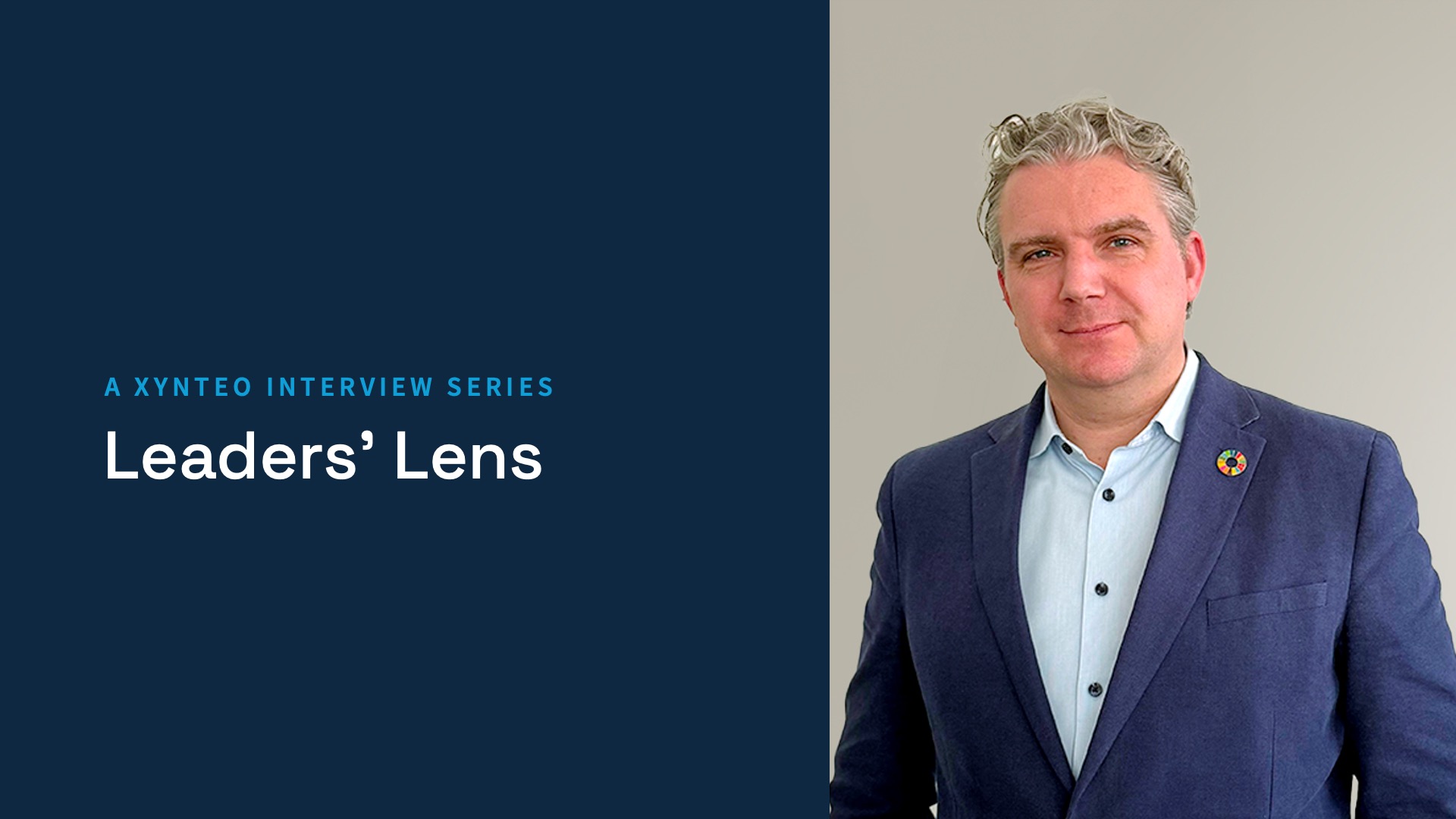The transition to a net zero global economy within planetary boundaries necessitates a rapid escalation in the speed and scale of actions to transform our major systems, such as power, mobility, and food. However, moving too fast risks perpetuating existing inequalities and alienating the very communities and stakeholders crucial for the effective implementation and sustainability of these changes.
The impacts of climate change are uneven, but so are the impacts of mitigation; from the closure of fossil fuel plants in working-class communities in the Global North, to the extraction of essential minerals like lithium, nickel, and cobalt in developing nations, which are vital for today’s clean energy technologies.
At Xynteo, we believe action on climate and nature is being hindered by a failure to adequately consider and prioritise the human aspects of our systems. We must address how to do so if we are to accelerate a successful and just transition.
The term “just transition” traces its roots to the labour movements of the United States during the 1970s and 1980s, originally focusing on protecting workers in industries impacted by environmental regulations. As the urgency of climate change has intensified, the concept has evolved to encompass broader social, economic, and environmental dimensions. Today, a just transition emphasises delivering a net zero and climate-resilient economy with full respect for labour and human rights, so that existing inequalities are not widened, and social outcomes are both positive and fairly distributed.
The early 2020s have been marked by significant shifts across in the macroeconomic, geopolitical, technological, and social spheres: global inflation; the acceleration to a multipolar world; rapid advancements in AI and automation; and an increase in political polarisation. These changes create a landscape of significant challenge and opportunity to delivering a socially just and equitable green economy.
In April 2024, Xynteo convened 3 leading experts: Darshana Myronidis, Sally Smith and Nina Slingsby, to analyse the tools and strategies at the vanguard of delivering a just transition in the emerging economic and social age. Here are 5 key takeaways from our discussion:
Making the business case for social impact
Incorporating social impact into business cases and financial models isn’t just a moral imperative; it’s a strategic advantage that drives long-term success. Businesses that identify and account for the positive and negative externalities within their value chains will reap the biggest rewards. The benefits extend beyond positive brand image and deeper, trusting relationships with customers, employees, and suppliers. This approach facilitates the identification of inefficiencies and encourages innovation that unlocks new markets and creates sustainable, resilient value chains. Those looking for inspiration can turn to the food system, which has led the way with the advent of true cost accounting and new models for incentivising regenerative agricultural practices.
Even that which can’t be measured, can still be managed
Not all valuable social factors can be distilled into quantifiable metrics. Some elements, such as community cohesion, elude precise measurement but are integral to a company’s long-term success. These intangible assets, though challenging to quantify, can significantly influence a business’ reputation and resilience. Recognising these factors through a nuanced yet practical approach to measurement is essential for businesses aiming to manage risk and drive comprehensive, sustainable growth. Close stakeholder engagement across the value chain, including through participatory processes, enhances outcomes through greater visibility and more effectively targeted policies.

Incentivising those at the grassroots of the transition
For workers and communities at the grassroot, discussions of sustainability often highlight behaviours to avoid, yet frequently fail to map out viable alternatives or pathways for change. To counteract the view that the workers will bear the cost of the energy transition, especially in an era where faith in institutions is low, we must be explicit about how grassroots stakeholders can benefit from transformations. Effective models include companies incentivising innovations that accelerate the transition and the communication of clear demand signals that there are eager off-takers for innovative, emerging solutions.
A holistic approach to environmental and social impact
For many marginalised communities, particularly in developing nations, the nexus of environmental and social challenges is a daily lived reality. For example, the depletion of water sources can degrade ecosystems and diminish biodiversity as well as negatively impacting local health outcomes and financial wellbeing due to drops in agricultural productivity. There is a pressing need for multi-impact interventions that treat these goals as interconnected elements that can enhance each other’s success. The Global North has set ambitious decarbonisation targets that require the scaling of technologies that will continue to exacerbate global inequities without a shift in policy and approach. In this context, community-led interventions are critical to not just mitigation, but the creation of solutions that can scale up the value chain and create new business models from the ground up.
Reporting as a lever for competitive advantage
Effective reporting is a strategic advantage in today’s rapidly evolving business environment. Firms that maintain comprehensive reporting systems are better prepared to comply with emerging regulations (e.g., the Corporate Sustainability Due Diligence Directive,) better able to engage both upstream and downstream stakeholders on necessary transformations and can attract preferential terms from investors who recognise the risks of undisclosed liabilities within value chains.
We thank our incredible panellists , Darshana, Sally and Nina, as well as our audience for their valuable perspectives and deep insights. As we lean into a hyper connected world with technically advanced supply chains, automated processes and clean energy, the consensus is clear: we must also consider how we bring all stakeholders along in that transition, protecting and engaging those who are traditionally marginalised from decision making. This holistic approach ensures that advancements in technology and sustainability are matched by strides in social equity and inclusion, a critical success factor in the success of the net zero economy.
Stay up to date on Xynteo by following us on social media (LinkedIn, Twitter), or contact us to find out how we can help your leaders and organisation create planet-positive and inclusive growth.
Winnie Ogwang
Senior Consultant



